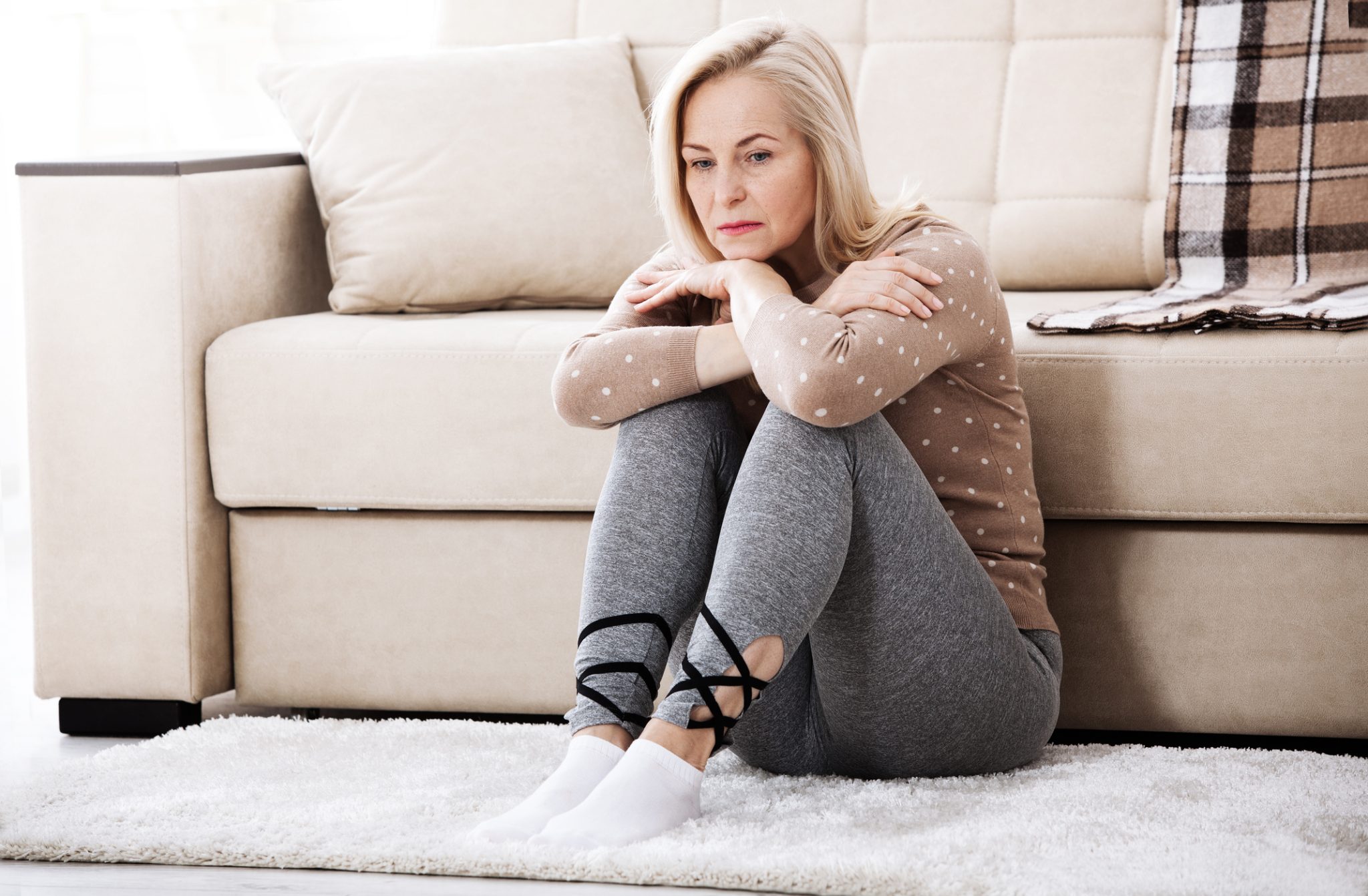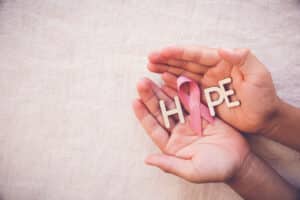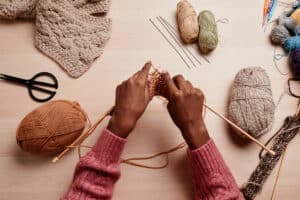As we are being “sheltered in place” across the country, I am getting a number of calls from clients and members of my Great Girls Network about what it takes to cope with so much uncertainty. Many families and individuals feel at greater risk than ever before. The risk is exacerbated by the stock market decline, businesses being shut down, and on top of it, fear of the seemingly invisible threat of COVID-19.
People are eyeing each other suspiciously: does he have it? Can I get it? What can I/we do to protect ourselves?
A Loss of Control

It is clear that people feel a loss of control in their lives. They truly don’t know what to do or how to cope with uncertainty.
I can’t say I have all the answers. I can look at this objectively and perhaps help you get some clarity. We are all a bit like the mice in a Psych 101 experiment: the goal box doesn’t have any cheese, and we are scrambling around in an emotional panic. To cope with uncertainty:
- We need to stop looking for a father figure to save us. This comes from the institutionalized patriarchal system we are all inured to.
- Panic may be a reflexive response, but it doesn’t solve problems.
- As bad as things get, we can still find a positive way to look at this situation.
- If there is no father figure to save us, we are going to have to save ourselves.
Saving Ourselves
Saving ourselves doesn’t simply mean following the mandate to shelter in place. It also means looking at our perception of this situation with different eyes.
- Accept that we cannot control what is going on in the world. We didn’t create it and we can’t stop it.
- If that is true, what do we have control over? Our ability to cope with uncertainty.
- As Napoleon Hill often stated (author of Think and Grow Rich), the only thing we have any control over is our mental attitude.
- Now it is time to make a CHOICE. Am I going to let my limbic system operate on a purely reactive, emotional basis? Or am I going to engage my frontal lobe and reason through this situation?
- As I described to a client recently, put one hand at the back of your neck and the other on your lower abdomen. From those two places, we operate on animal instinct—reacting without thinking.
- Then put one hand on your forehead and the other over your heart area. From those two places, we engage our frontal lobe, rational thinking and connect it to our true inner self that knows what is really important.
- When you do this exercise, you start to clarify things, and you are much more likely to be able to prioritize your actions, put first things first.
Will it change everything around you? No, but it will change your immediate circumstance. Because you will be thinking instead of reacting. You will have an opportunity to create a workable strategy to get through this crisis.

I have long enjoyed reading mysteries. I’m realizing today that one of the reasons I love them is how the protagonist has to figure out what to do and act when facing the unknown. And yes, during that process, she often faces unbelievable odds, but she perseveres and eventually solves the crime.
In a way that is what I do in coaching. I listen, I pay attention, I look for patterns and help my clients see what they are doing internally, how they are thinking, that is in the way of finding their own solutions to their problems.
So often we look outside ourselves, find who (or what) out there is responsible for our difficulties, and then either try to change them (or it) or get away. I call that blame throwing. It might make you feel better temporarily, but it won’t solve your problem in the long run. The problem always starts inside. It shows up on the outside, in situations, but if you will be honest and look at your own patterns, you will see that there is a certain amount of repetition. The only way to change it is to change yourself.
I’m not saying this isn’t a pandemic and that aspect of the problem isn’t outside us. And I’m also not saying that we created it. But if you look at history, you will see there has never been a period in civilization completely free of immense problems or catastrophic illnesses. The so-called peaceful times of the last three decades have also included various wars, a large percentage of people living in poverty, famines, earthquakes, raging fires…I could go on and on.
And we can pretend that those things are the cause of some leader or another, some political system or another. But those have consistently changed and the pendulum swings have not permanently solved the crises endemic to human existence.
So what am I really saying? Maybe we need to stop thinking there will be a time that problems don’t exist, or up and down cycles of financial security/disaster, polio/TB being cured then replaced by cancer, diabetes and heart disease as the main “killers.”

Maybe we need to consider the idea that being human is incredibly challenging, that in order to live through it, we need to get hold of ourselves, take responsibility for how we think and feel, create strategies to navigate the treacherous waters of existence on this planet and learn how to truly, lovingly and intentionally help ourselves and each other thrive in spite of all the difficulties.
That takes rational, strategic thinking. It takes being honest, steadfast and true to ourselves, what we know. It takes doing the first things first and learning to cope with uncertainty.
We may not be able to change the whole world, but we can change our immediate circumstances by standing up, facing them and being proactive.







